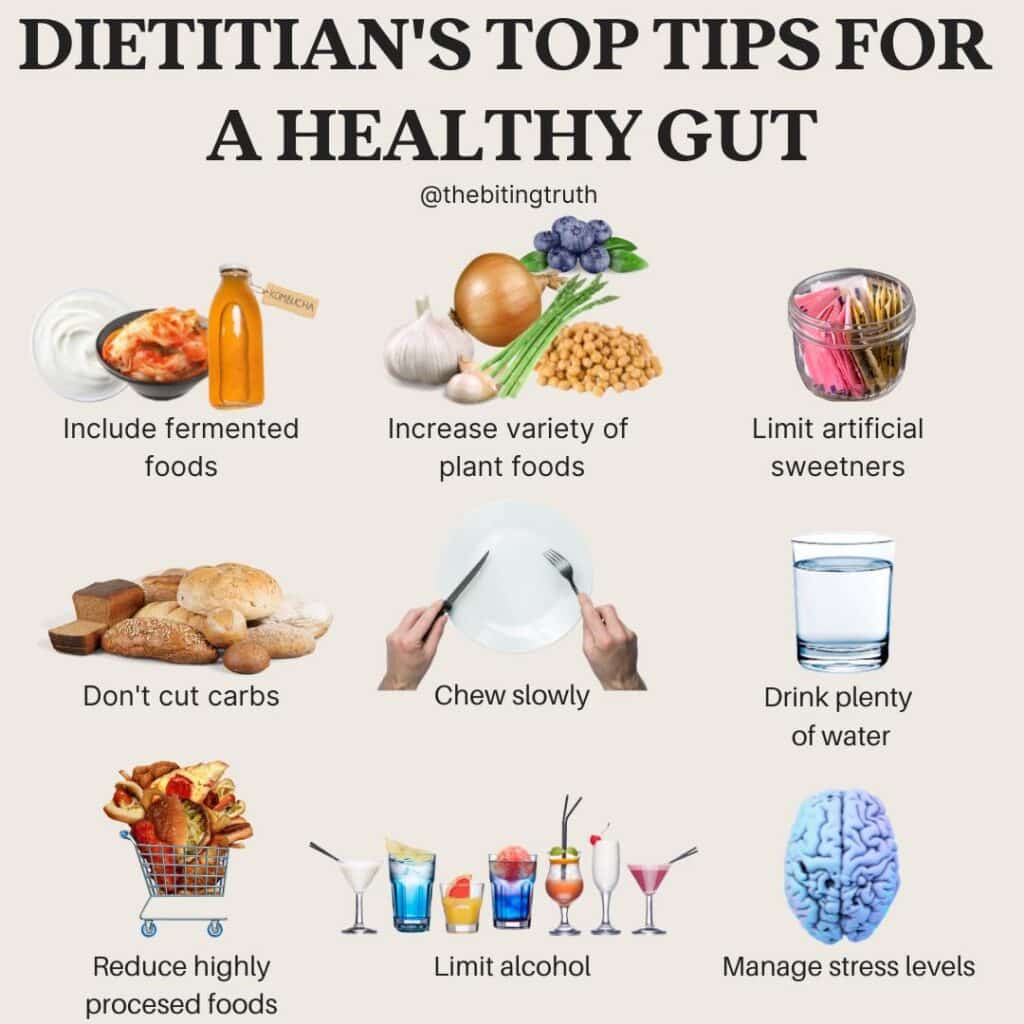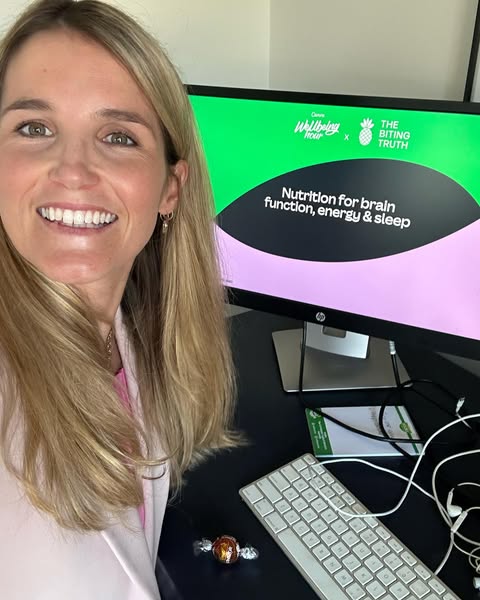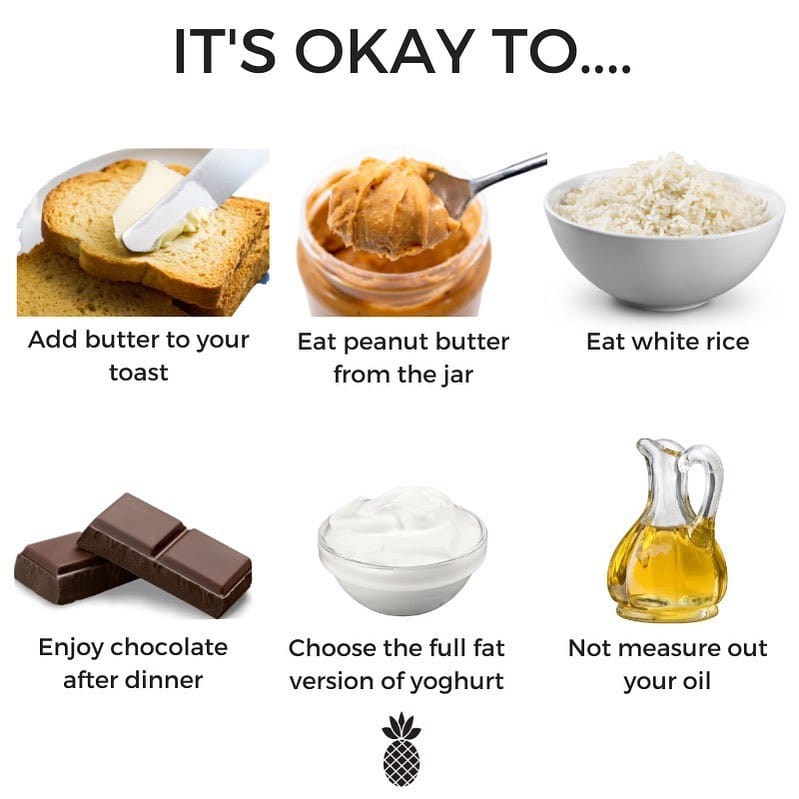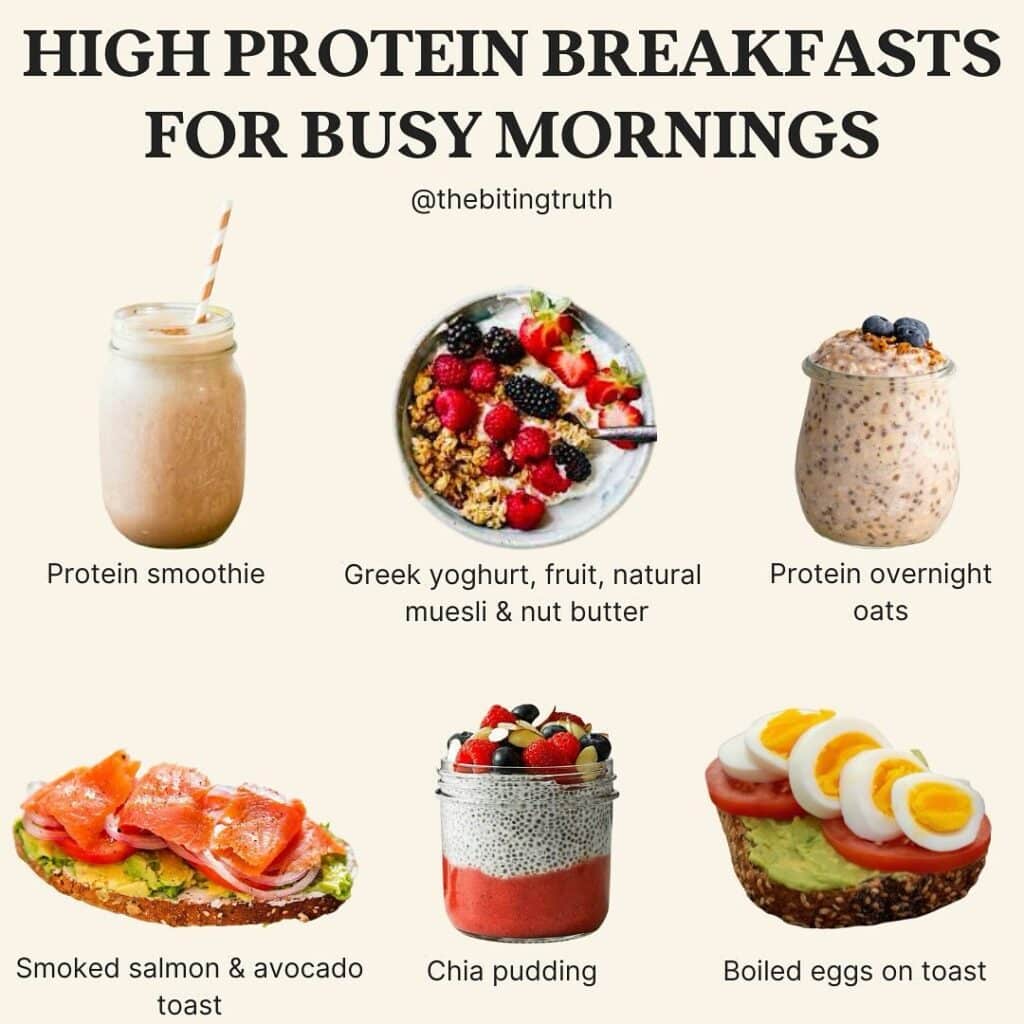Free shipping for orders over $80
Free shipping for orders over $80
Trendy diets come and go with the seasons and ketogenic diets (or ‘keto diets’, for short) seem to have done a full circle and become ‘trendy’ once again. The aim of this diet is to significantly restrict carbohydrate intake and increase fat intake, while keeping protein intake at a moderate level. This concept might remind you of the Paleo (based on the eating style of the Palaeolithic era) or low-carb-high-fat (LCHF) diets. In short, keto diets say goodbye to bread, pasta, rice, potatoes and even most fruits, but add lots of fat-rich foods and oils. As dietitians these trendy diets always fascinate us and we’ve looked a little closer to weigh up the evidence for you!
The main source of fuel the body uses for energy is carbohydrate, which gets converted into glucose during digestion. However, when necessary, the body is also able to burn fat for energy. Ketones are molecules produced by our liver when fat is metabolised. When you have enough carbohydrates in your diet your body will use glucose as the primary fuel, however, when you are not getting enough carbohydrates it will burn fat for energy. Ketogenic diets aim to drastically reduce carbohydrate and replace it with fat so the liver produces ketones. Any diet where fat is metabolised instead of carbohydrate is essentially a ketogenic diet.
Keto diets prescribe high amounts of fat, from both animal and plant sources, plenty of low-carb vegetables, nuts, seeds, and moderate amounts of meat, fish and eggs for protein. They exclude grains, dairy, legumes, soy, most fruits and starchy vegetables. These diets require careful planning to ensure the liver keeps making a steady supply of ketones to supply the body with energy.
Typically, a ketogenic diet limits carbohydrate intake to between 20 – 50 grams a day (compared to the recommended 200 – 300 grams per day). To put this in perspective, one banana contains 20g of carbohydrate! The amount of fat in a ketogenic diet can sometimes be over 150 grams (double your usual intake of fat).
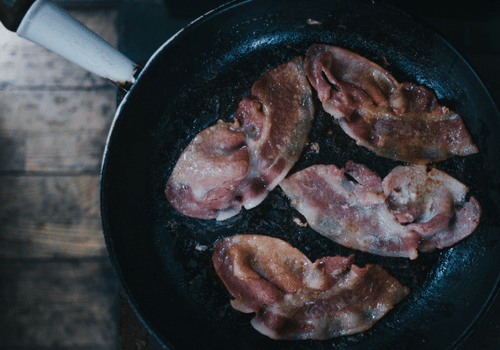
Keto diets have been used for decades to treat epilepsy. Recent research has suggested that these diets may have a role in treating type 2 diabetes and inflammatory conditions such as chronic pain. That said, before you dive for the keto bandwagon there isn’t enough evidence just yet to advocate for its long-term safety and efficacy. Watch this space!
At this stage, there is a lack of strong evidence for keto diets in terms of their health claims about longevity, gut microbiome and heart health. In fact, diets that are higher in carbs and lower in protein have the strongest links to longer lives and happy guts. Recent evidence has shown that a high fat diet, especially a high saturated fat diet, can promote inflammation and lead to the progression of inflammatory diseases such as Alzheimer’s.

There are some potential side effects when following a ketogenic diet, which is why they require ongoing monitoring and regular review by a qualified health professional.
Overall, unless for medical purposes, we do not recommend following a ketogenic diet. When it comes to fat and carbohydrates, it’s all about balance. The types of fats you choose and the quantities you eat do matter. Carbohydrates also form part of a healthy balanced diet. Our approach is always to look at sustainable changes you can make to your diet that don’t include cutting out entire food groups.
—
This blog post was written by The Biting Truth team, Monique Heller and Michelle Hsu. Monique and Michelle are currently studying their Masters of Nutrition and Dietetics at The University of Sydney.
To check out more of our blog posts, click here.
